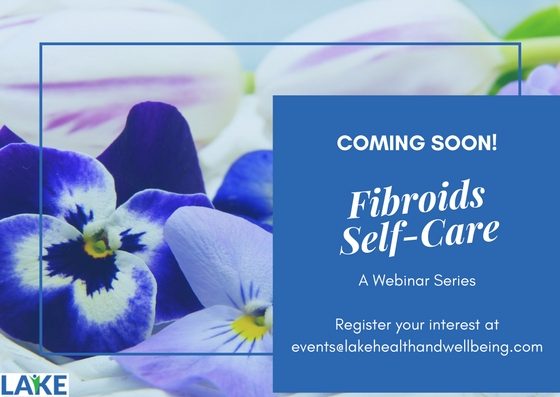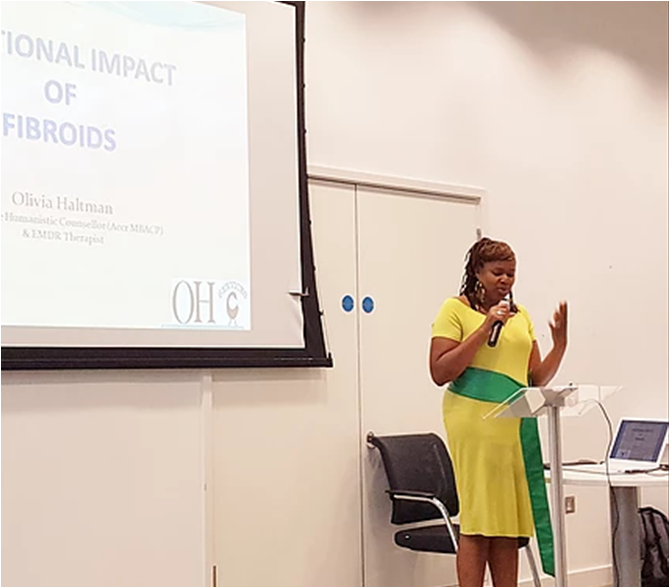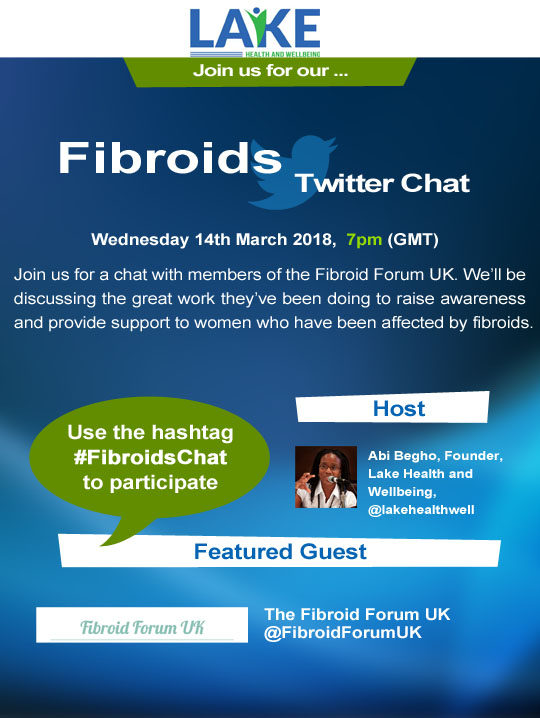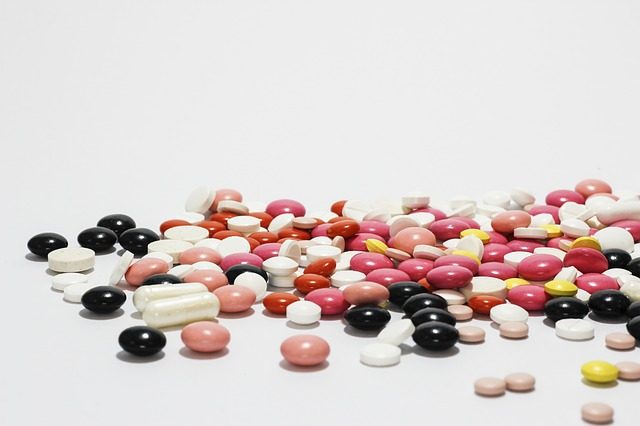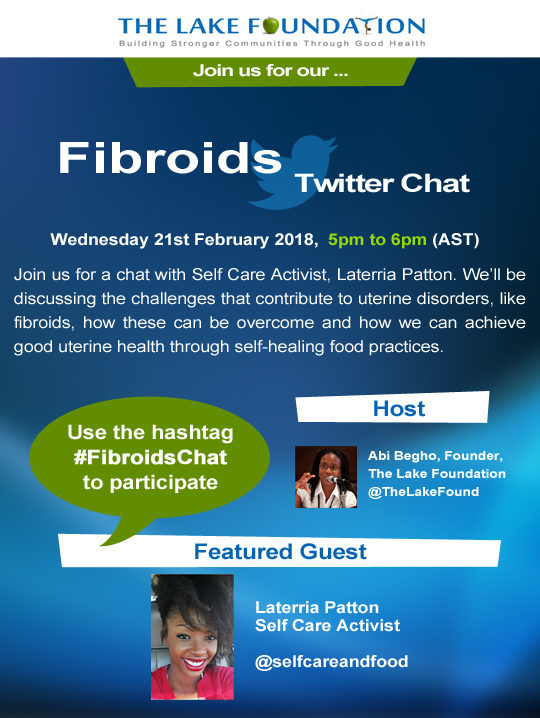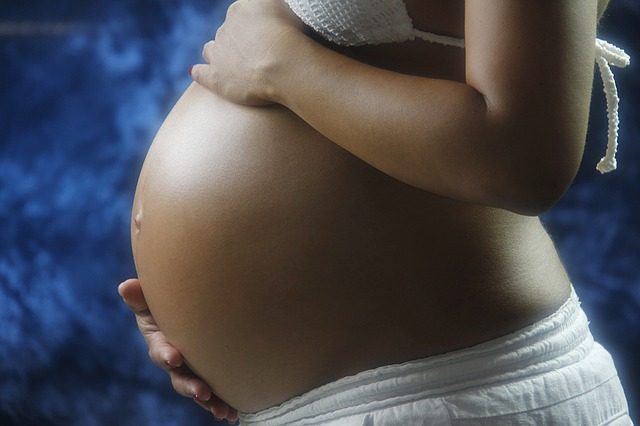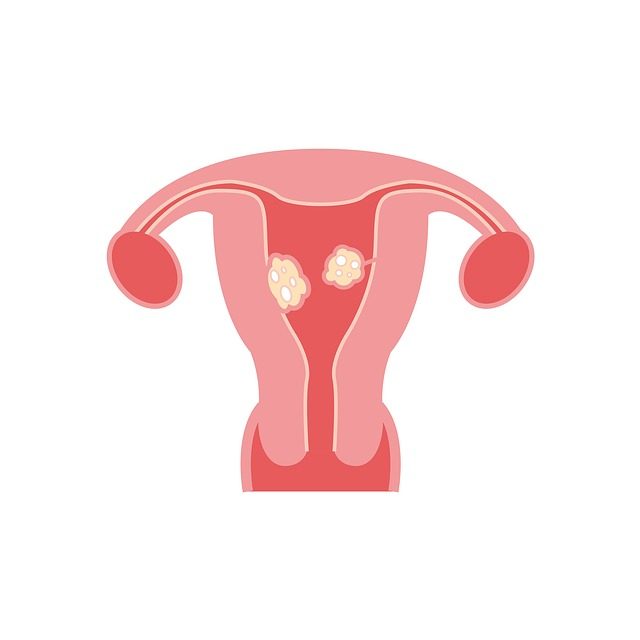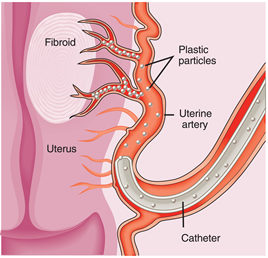Researchers from Johns Hopkins University and Meharry Medical College have published the results of their research study exploring the link between Central Centrifugal Cicatricial Alopecia (CCCA) and fibroids. They found that black women with CCCA were nearly five times more likely to develop fibroids compared to those without CCCA.
What is CCCA?
CCCA is a type of hair loss that mostly affects black women. It is characterised by gradual hair loss in the centre of the scalp and it radiates outwards in a circle. CCCA starts with damage of the hair follicles which leads to scarring and then permanent hair loss.
Historically, CCCA was known as hot comb alopecia as it was initially thought that it was caused by use of the hot comb as well as relaxers, tight weaves and other practices that may put pressure on our hair and scalp. It is now thought to be caused by a combination of factors as some cases of CCCA are not linked to hair care practices. Therefore the exact cause of CCCA is unknown but it is thought to be associated with family history (it may run in families) as well as hair care practices.
Exploring the link between CCCA and fibroids
In this current piece of work researchers recognised that women of African descent are more likely to develop disorders such as fibroids, keloids, CCCA and sarcoidosis which all involve abnormal growth of fibrous tissue. Based on these observations they decided to explore whether a link exists between CCCA and fibroids.
To explore whether a link exists they analysed patient data from a four year period (2013-2017). They extracted data from 487,104 black women who were patients at Johns Hopkins Hospital and found that 447 of these patients had CCCA (0.09% of patients) and 486,657 didn’t have CCCA.
They then compared the percentage of women with CCCA that had fibroids with that of women who didn’t have CCCA and found that 13.9% of women with CCCA had fibroids ( that is: 62 of the 447 with CCCA) and only 3.3% of women without CCCA had fibroids (that is: 16,212 of the 486,657 without CCCA)
What does this mean?
This means that, in this study, women with CCCA were 4.68 times more likely to have fibroids than women who didn’t have CCCA.
The researchers concluded that there is a strong association between fibroids and CCCA but:
“The cause of the link between the two conditions remains unclear.”
In their paper they state that:
“This risk may be due to similar underlying mechanisms in the pathogenesis of both conditions.”
They also cautioned that this data may not reflect the actual association between the two conditions in a real-world setting, so more work will be needed to confirm the association between CCCA and fibroids, and why this association exists.
They do recommend that patients and doctors are made aware of the link so that women with CCCA can be screened for fibroids and other disorders related to excess fibrous tissue. This will aid early diagnosis and provide the opportunity to control these conditions preventing the development of severe symptoms.
For more information you can download their research summary below








